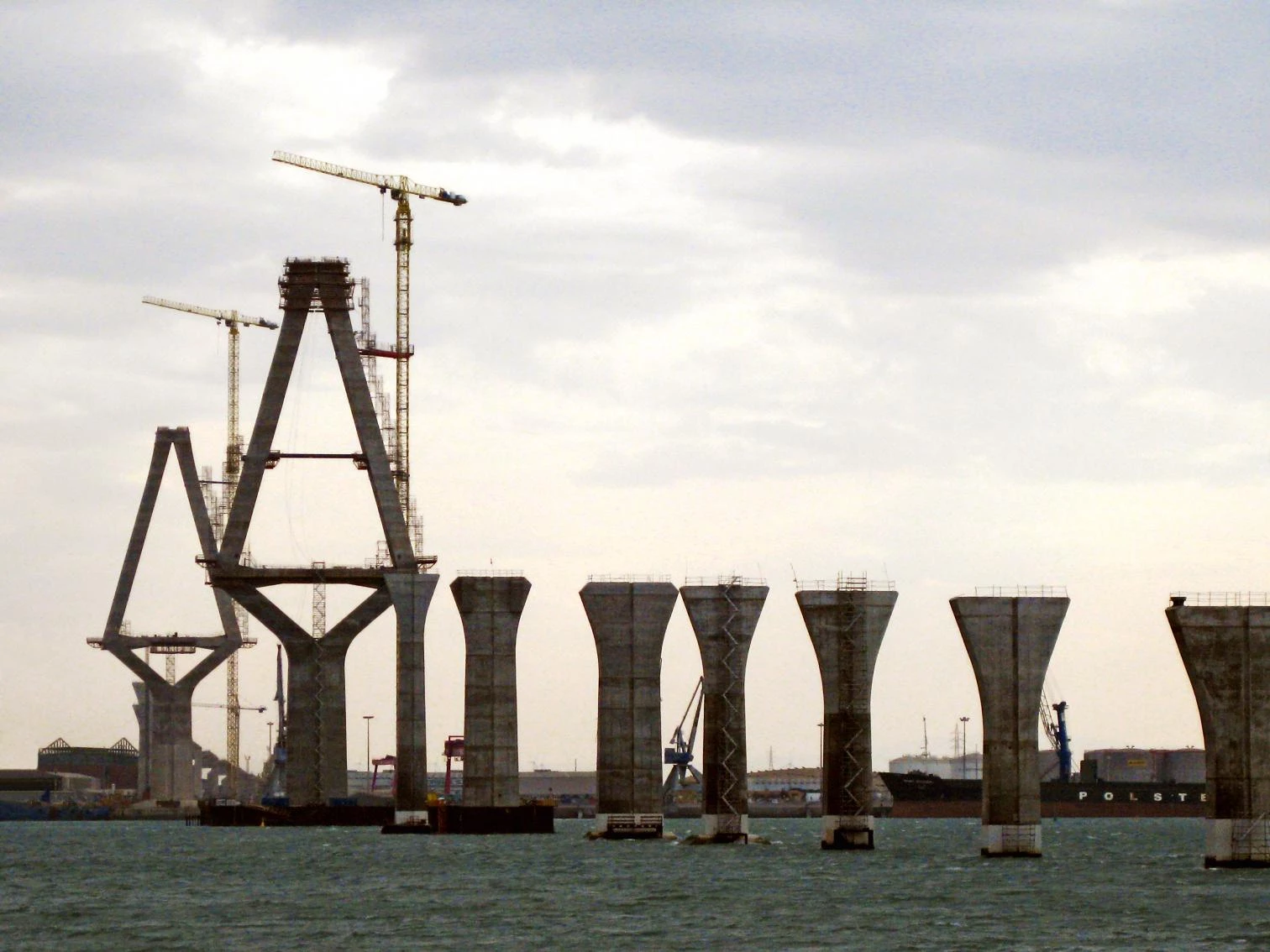
Public works have always – amd especially since the 19th century – been an engine for social and economic growth. In the world’s underdeveloped countries, almost any building work can have extraordinary transformative power; nevertheless, as national development takes root, the impact of works becomes more difficult to quantify, and more detailed analysis of the socioeconomic effectiveness of the public investment becomes necessary. So in developed countries, there is greater risk of making wrong decisions.
In Spain of recent years, opinion has widely turned against public works, spurred by certain failures – some permanent, others circumstantial – that have been particularly conspicuous in the media. The explanation given for these failures is generally the same, consisting of three interconnnected words: corruption, nepotism, and incompetence.
The extraordinary simplification that arises from this hides a much more complex and appealing reality, given that the ‘conspicuously’ failed works represent less than 2% of total investments made: a ratio which is perhaps better than the average of across-the-board investments in the country. With the right time perspective, this figure would be even smaller, as part of the investments considered failures in the short run can well end up great successes in the long run, as demonstrated by cases as famous as the Eiffel Tower or the early Panama Canal.
We live in a society caught up in constant change: that which is new becomes old in an instant; needs are transformed day by day. This is precisely what impels planning with a perspective of twenty or more years, taking into account that the design and construction process rarely takes less than a decade. In other words: works are being inaugurated now which were conceived over twenty years ago, and the world of then was not necessarily the same as the world of today. To use a Schumpeter expression, we are seeing a destructive creativity that affects all sectors – from telephones to mass communications media, passing through the new technologies and the logistics of distribution – but this should not lead us to nihilism.
The cost of the errors, to be sure, is not negligible, but in a world of permanent competition, the cost of inaction can end up much more destructive. Here’s a datum worth noting: after decades of struggling to get out of its secular backwardness, in the year 2014 – always according to the World Bank – Spain in the world ranked eighteenth in quality and quantity of public works and services; two years later it fell five spots, and its position has now most certainly dropped even lower. Maybe we are already begining to pay the price of our inaction (a tendency which unfortunately cannot be reversed in a stroke) and this toll, though hidden, is sure to much exceed that of squandering.
Our works may be imperfect, but no doubt temporary. Public works are designed to last fifty or a hundred years, but the time limits are reached. In this way, every year some 20 to 30 billion euros of public capital needing a fix-up or fill-in disappears. Our construction works are durable consumer goods, but consumer goods just the same: to renounce these assets would to a large extent be like also renouncing the fundamental services that as an advanced society we have given ourselves: from education to health, and along the way justice, potable water, sanitation networks, energy supply, mobility, respect for the environment, and so on. Not to preserve these works, these consumer goods, would without a doubt be tantamount to unacceptable squandering.
Aniceto Zaragoza, civil engineer, is the director of OFICEMEN.





